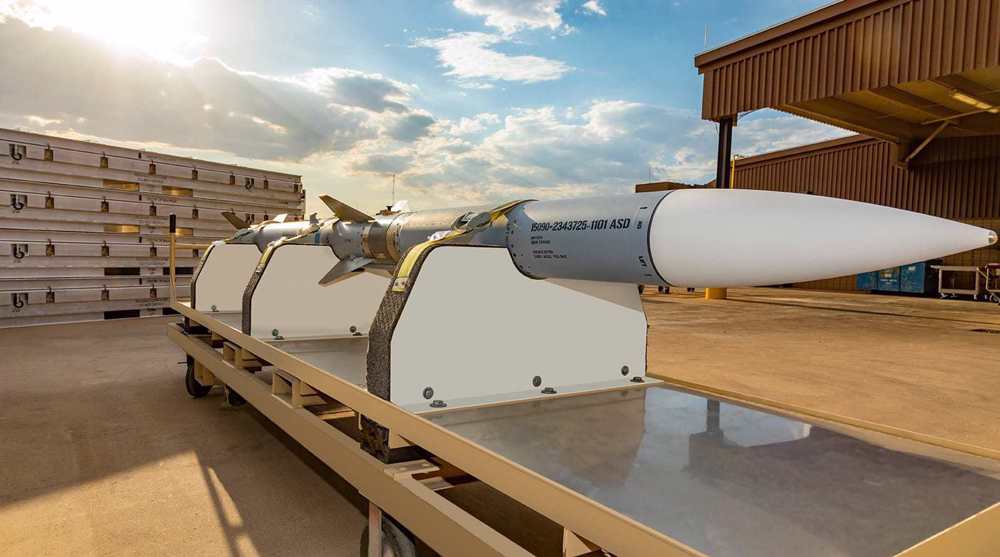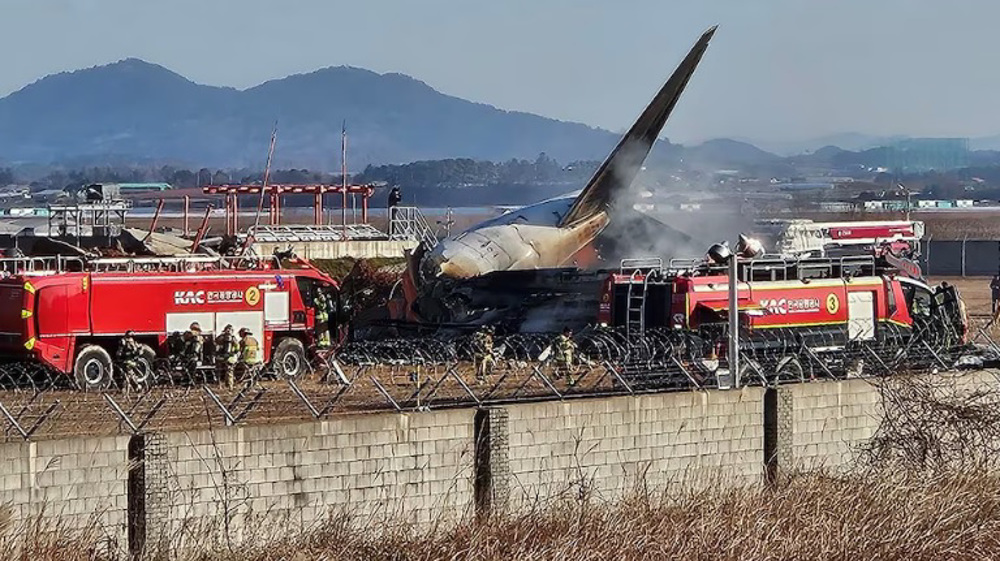G7 calls for return to political rule in coup-hit Myanmar
Foreign ministers from the Group of Seven (G7) major industrialized countries have expressed deep concern about the recent military coup in Myanmar and the detention of the country’s top political leaders.
In a joint statement issued on Wednesday, the foreign ministers of Canada, France, Germany, Italy, Japan, the UK, and the US as well as the high representative of the European Union (EU) for foreign policy slammed the coup, calling on the Southeast Asian country’s military to end the state of emergency.
“We are deeply concerned by the detention of political leaders and civil society activists, including State Counsellor Aung San Suu Kyi and President Win Myint, and targeting of the media,” they said in the statement.
“We call upon the military to immediately end the state of emergency, restore power to the democratically-elected government, to release all those unjustly detained and to respect human rights and the rule of law,” the statement added.
The G7 foreign ministers further called on Myanmar’s military to allow unrestricted humanitarian access to support the most vulnerable individuals.
They said the November 2020 election results must be respected, adding that the parliament should be convened at the earliest.
Myanmar’s military staged a coup and detained de facto leader Suu Kyi as well as some of her party members on Monday.
Following the coup, the military handed power to General Min Aung Hlaing and imposed a state of emergency for a year. It also pledged to hold fresh elections and hand power to the winning party.
The military also disrupted internet and telephone connections early on Monday morning.
The coup took place as legislators from across the country were due to attend the opening of the new parliamentary session.
The military accused Suu Kyi’s National League for Democracy (NLD) party of massive voter fraud in the November 2020 elections, which gave it a landslide victory.
A day after the coup, hundreds of lawmakers in Myanmar were being held in “an open-air detention center” in the country’s capital, Naypyidaw.
According to media reports on Tuesday, some 400 other parliament members remained inside their government housing complex and were not allowed to leave the compound in Naypyidaw.
Myanmar was ruled by the military until 2011, when Suu Kyi ended the junta rule and introduced what were presented as reforms.
Her party, however, cultivated close relations with the military from the beginning of its activity and formed an alliance with senior military officers.
Suu Kyi, who won a Nobel Peace Prize for her resistance against the military and was held under house arrest for 15 years, faces international scrutiny for her support later for a military crackdown against the Rohingya Muslim people in the western state of Rakhine.
She defended the military atrocities against the Rohingya people at the United Nations (UN)’s top court in The Hague in December 2019.
Yemen slams missile into northern part of occupied territories
Iran Armed Forces confront all violations against the country’s soil: Ground Forces cmdr.
IRGC deploying ‘new weaponry’ during underway Ground Force drills
VIDEO | Press TV's news headlines
Another key hospital taken out of service by Israel in north Gaza
Iran's top medical association urges ‘safe’ release of Gaza hospital’s director
Hezbollah chief: Gen. Soleimani was a leader on strategic, intellectual levels
Euro-Med warns Dr. Abu Safiya’s life in great danger due to torture












 This makes it easy to access the Press TV website
This makes it easy to access the Press TV website